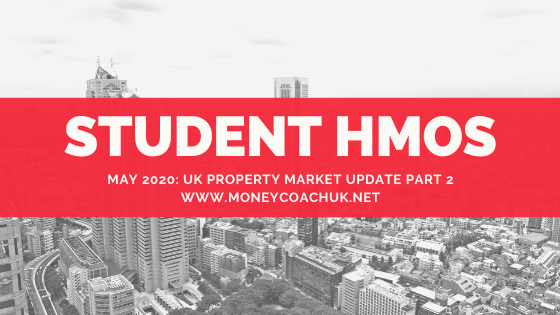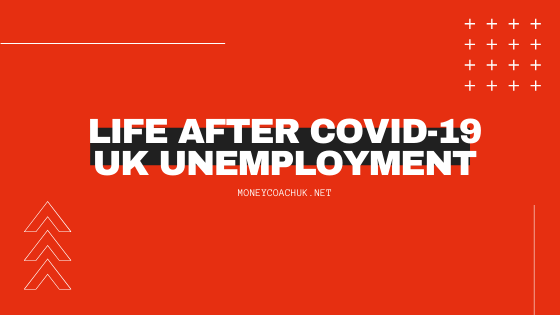The state of play of the property market has never been more difficult to predict with so many factors in play at the same time.
Overview
2020 was a year where many expected a property slump after the pandemic began. However, there was a universal rise in prices across the entire country as people utilised their higher amounts of disposable income. Propped up by the government, many found themselves at home for large parts of the year and staying in a job which would have otherwise let them go.
The changes in working arrangements for many people made for a shift in the property they desired. From inner city houses with small outdoor space which was not being used – to more rural houses with larger gardens.
There has been an upturn in those looking to climb the property ladder by utilising the stamp duty holiday which has kept the market bouyant for home buyers and investors alike. The market was also able to shake off early liquidity warnings with some lenders withdrawing large product offerings from the market – only to return late in the 4th quarter.
Brexit
Now we have the full force of Brexit in place, and it is starting to hit people’s savings as prices of day to day goods increase – from beef to nuts. The expected impact on the average first time buyer is likely to be more significant as any increase in the cost of living is unlikely to be matched by increases in wage. This drag is likely to play its part in slowing the demand for property.
The homeowners who are looking to move may also find that savings are harder to come by due to similar reasons – but with large equity gains in the last few years, they may be in a stronger position to buy and the mid-high range properties may see less of an impact due to Brexit.
The last consideration for Brexit is the banking sector and whether it will sustain its profitability. The cost of leaving the EU is not yet clear and offering a wide range of mortgage products may not be a worthwhile short term strategy – particularly if the view is that the market is going to experiance a slump. Limiting exposure to this may mean fewer available products and therefore would create another barrier for buyers.
COVID-19
The pandemic continues to rage on through the country and the true impact has been pushed out further by way of quantative easing and government subsidies. The market is bouyed by those who are using their higher levels of savings to move house – but if the employment market suffers a downturn – like it is expected, then this may be short lived.
The level of employment encourages the cycle of money through the economy and is part of the reason why property values are expected to fall in the coming year. However, if the vaccine roll-out is successful and the UK does experience a growth in Q2, the impact could at least be limited.
The other consideration is the speed of transactions during this period – it is now taking much longer to complete any property transaction due to surveys and solicitors being under such large demand. The bottle neck may leave people sweating to meet the stamp duty savings come the end of March and many squeezing in purchases before the holiday is ended. The slump in property prices is therefore not expected in Q1 of 2021.
This, of course, assumes the SDLT holiday will stop at the end of March – there are rumours that it will be extended – but whether this will come true is another question.
Negative Rates
Finally, negative interest rates. I initially raised this as an option in a blog last year – however I expected it to come in Q320. It seems more likely to be Q321, but nonetheless the impact will be huge.
This one move has the ability to create large amounts of operational risk to banks and financial institutions – therefore the BoE has asked banks to take the next 6 months to prepare for the possibility of it happening.
Holding cash for banks will become onerous – so lending it out becomes more desirable. With this, liquidity becomes more readily available – both through banks and people spending their savings (which may only impact those with large deposits). With this in mind, inflation and the demand for goods will increase – and property values will follow.
Overall
If there are more people who are able to take advantage of buying property in the next few years, we will be seeing the wealth gap increase. People without property to their name will find it harder to get on the ladder due to their savings shrinking and house values increasing.
The impact of Brexit and COVID-19 is going to be felt across the country, but if this storm can be weathered (through new trade deals and mass vaccination, for example) then negative interest rates may cause a property boom in the coming year.




I share your views. An honest, frank overview of what is a very unpredictable time!